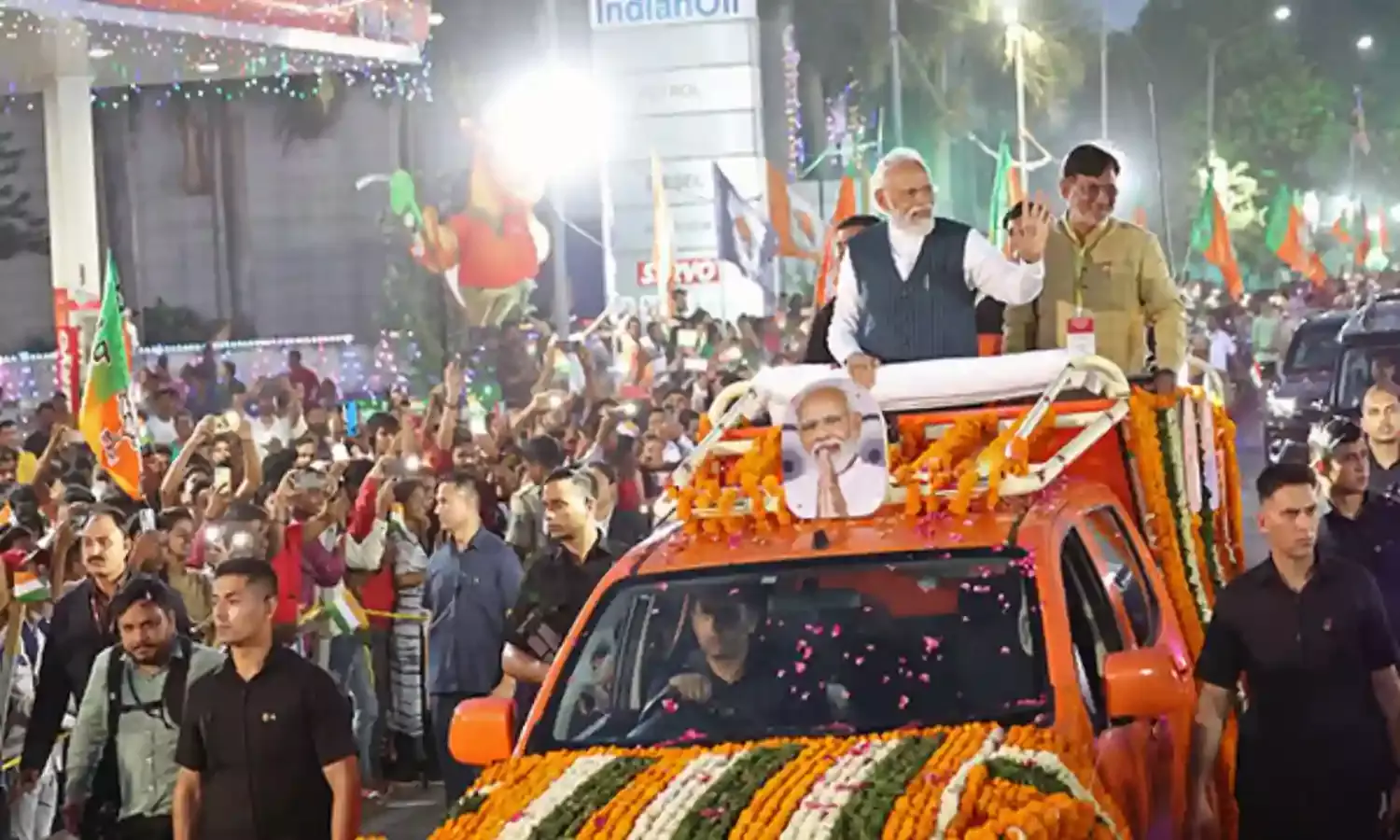Why The BJP Lost Karnataka
Five reasons

The Karnataka elections have shown that no party is invincible, and that leaders can dissolve more easily than they emerge, into the melting pot of Indian politics. The Bharatiya Janata Party has lost more than just one state with its defeat in Karnataka, and the resounding defeat has made matters very complicated for the party that now does not have a single government in the South.
The lessons for the BJP might be hard to learn, as it is driven by an agenda and an ideology with majoritarianism at the helm. But even so some facts do stare it in the face post election.
One, the BJP’s divide and rule campaign has not worked in Karnataka where all communities this time rallied behind the Congress party. The heavy effort to play castes and religious communities against each other failed to lift the votes, as the people voted for peace and harmony that was on top of the Congress campaign throughout. The message thus, was for harmony as against friction.
Two, the campaign of polarisation cannot be a substitute for development. At least not in the more enlightened south of India where price rise, unemployment have become a major issue. The BJP could not divert attention from the realities of livelihood with the communal issues that have worked so well for it in the past - in Gujarat and now in Uttar Pradesh and Assam.
Three, federalism remains at the core in South India. Kannada pride is as strong as Tamil pride, in that undue interference in the region by the North is not acceptable to the people. The BJP has projected itself as a north Indian, highly centralised party seeking to impose its will — including Hindi— on the people. The Nandini vs Amul face off with the Kannadigas rallying behind their own dairy brand as against the ‘imposition’ from Gujarat was a major indicator that regional pride was again a driving force in these Assembly elections.
Four, the ‘charisma’ of PM Narendra Modi did not work in the face of all of the above, despite his huge campaign and many visits to the state. The ‘strongman’ image that had carried Karnataka earlier was rejected as it was not brought to weigh in on the side of development but of divisiveness. His effort to convince them on to his side failed, as the magic has visibly waned. Personality cults on their own cannot last forever.
Five, the fear factor has been effectively punctured in the south and has perhaps even contributed to the BJPs declining graph. The voters in Karnataka are not willing to be subdued by threats and the resounding defeat of the BJP shows that this intimidation will not work as a strategy any longer.
It is a fact though that if the Congress party had not mounted a very effective campaign the results might have been different. In these times of strong arm politics, voters like to see an equally strong opposition that is willing to buck the trend as it were. The Congress party’s ability to ride through the intimidation, face up to threats and ridicule, and place a positive agenda on the table made it an acceptable alternative in the state. The two pronged campaign decrying the 40 percent sarkar along with a five point manifesto for immediate implementation did the trick. And the BJP that was relying on its old strategy of divisiveness and polarisation without anything new to offer, wilted.
At one level Karnataka has followed the people of Tamil Nadu and Kerala where strong regional parties had been able to counter the BJP campaign at the onset. The points raised by the DMK and the Left in Tamil Nadu and Kerala respectively were on lines now evident in these Karnataka elections — mother tongue over Hindi, regional concerns over authoritarianism, south Indian concerns over north Indian majoritarianism, and similar issues. Karnataka had moved away as there was no opposition in the state effective enough to voice an alternative. Now that the Congress has risen, the arguments against the BJP in the South have prevailed.



